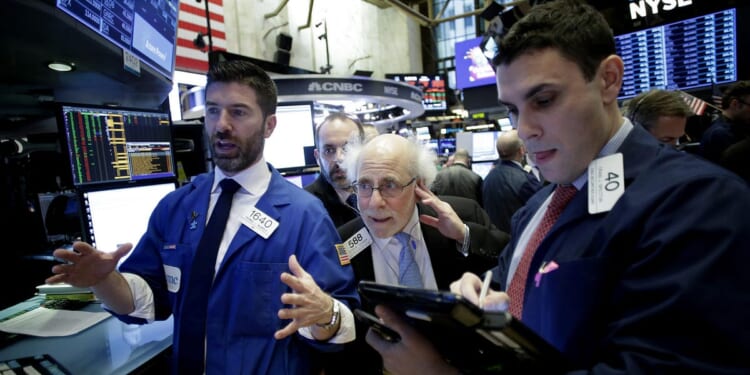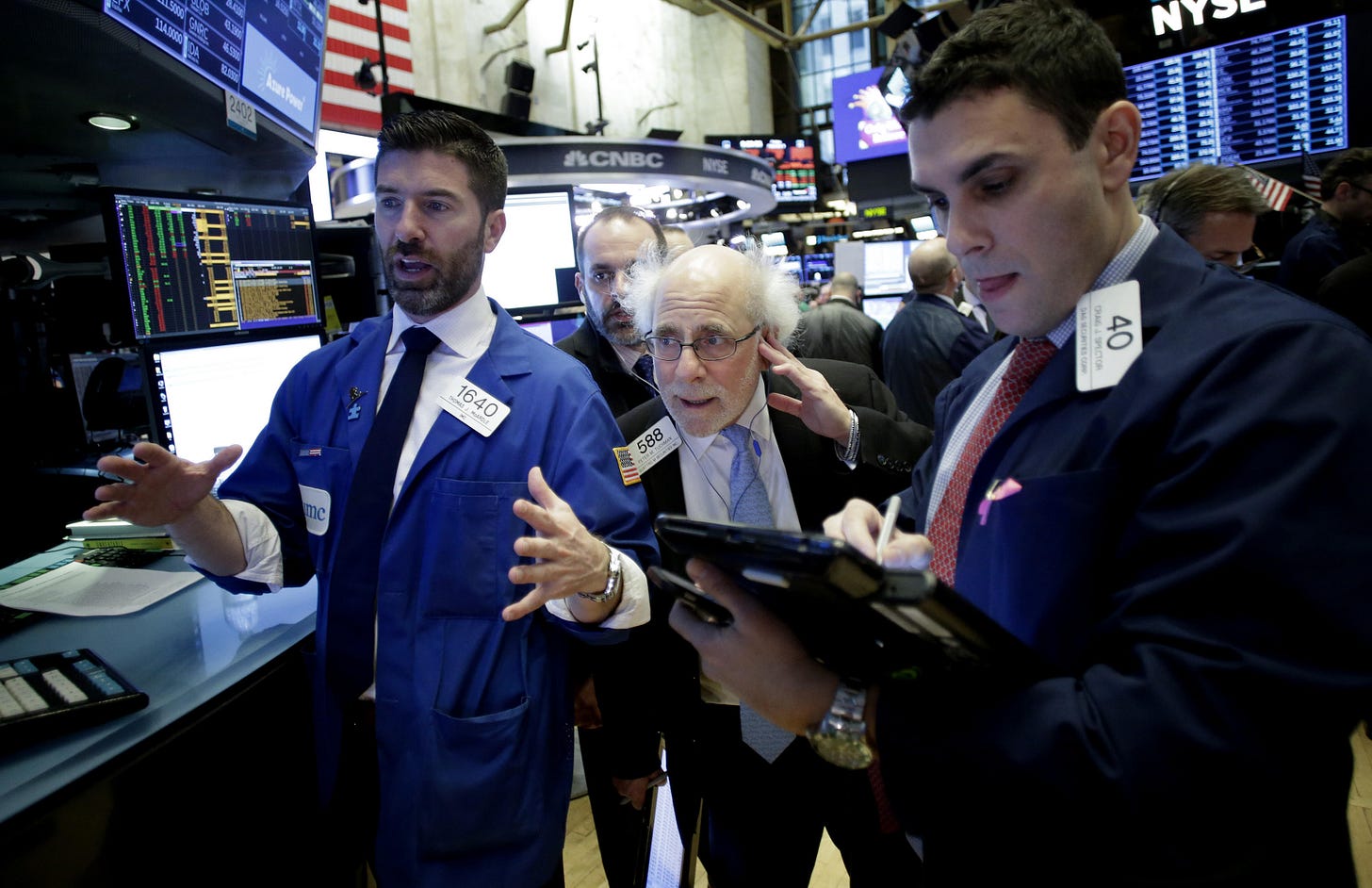Subscriber announcement: When Reaction scaled back to just this newsletter hosting my writing, I said I would take a few months to figure it out. Was the pricing right for my newsletter which is usually about 2-3000 words long each time? Gratifyingly, most subscribers seem to think it is worth it. Thank you. A few have said no, with the rest of Reaction not there, they don’t want to stay. And for new potential subscribers, with many people feeling generally squeezed in this economy, it clearly makes sense to align the pricing with other writers I know who write at a similar length on different topics.
So, as of today, I’m reducing the price of the annual subscription from £80 per year to £60 and the monthly option from £8 to £7 per month. If you have taken out or renewed an annual subscription since the start of August 2025 we will – if you want – refund you the difference of £20. Just email fiona@reaction.life and the team will sort.
If you are a free subscriber and want to upgrade to paid to read this newsletter every week? Well, it is now even better value… what are you waiting for?
Anyway, thank you for reading. Substack right now seems to be full of pieces about the death of reading with the obvious implication that writing is becoming a waste of time, which it isn’t. The longterm link between reading and thinking is so obvious, and the effects of replacing it with a purely visual culture resting on endless video scrolling are so destructive, that as many of us as possible should carry on doing the opposite.
The old joke that economists have predicted nine out of the last five recessions is a good joke because it is rooted in the truth that there is always someone, somewhere, predicting that the economy is about to collapse. An investor or analyst or commentator can usually be found at any given moment who will say that one aspect or all aspects of the economy – government debt, corporate debt, employment, the stock market – are in such a state that, just you wait, there is about to be an explosion.
Several times in the last decade I’ve had – and it turned out to be wrong – that financial crisis tremor feeling many of us learned to identify in the run up to the 2008 disaster. Just because there is a tremor it does not mean an earthquake comes next.
It was like that with tremors in the early 2000s when I remember standing smoking a cigarette alongside the late great Bill Jamieson in Edinburgh on the balcony at the then new Scotsman building (don’t look for it, it’s not there anymore). It was the day of one of Gordon Brown’s budgets when the New Labour Chancellor was in his pomp and his enemies were being crushed. Bill was a fantastic City commentator, and we agreed Brown was making hubristic mistakes by increasing spending too much and boasting about how he had ended boom and bust, an impossibility.
The real economy was apparently doing well in the early 2000s, so in the good times government debt should be on track to go down quite a bit rather than rise. Yet according to Brown’s team that didn’t matter because it seemed as though the boom – particularly in finance – would go on for ever. Perhaps critics such as Bill and me were just stuck in our ways and wrong? Perhaps Brown and his friend Alan Greenspan, the governor of the US Fed, had rewritten the rules of economics so successfully we did not yet understand? Even the Dotcom bubble bursting a few years before had been managed successfully. I remember us laughing that budget day and saying we must be mistaken, and yet… Likewise, in subsequent years when the bank profits of Edinburgh’s banks got bigger and bigger by the billion, Bill used to say “wow… wow” and shake his head with a worried look on his face. Could the boom really last?
And then look what happened. Bill’s gut instincts had been right, just four or five years too early.
Several times in the last decade I’ve felt the financial crisis tremors and it came to nothing. A few years ago a friend in the City showed me his workings on the rise of private credit and excessive risks, and it looked worrying. On another occasion, a leading economist gave me lecture on the dead cert unsustainable nature of US government debt back when it was around $30 trillion. It is now at $38 trillion and I spent more than a week in the US this month, the restaurants were still full, New York’s Metropolitan Opera House was packed and sold out on a Saturday afternoon and places such as Texas are booming.
That one state, Texas, is the eight largest economy in the world with an estimated GDP of $2.7 trillion. It grew at 3.7% last year and the population has increased by more than 50% in the last quarter of a century to 31.9m today. Voracious Texas is booming and I doubt even a bursting of the financial markets bubble will change that longterm.
Sensing the impact of the Covid pandemic doesn’t count as a financial crisis tremor, as it was a sudden natural event, or perhaps unnatural event, and governments mobilised like it was a war. Though after dinner in late January 2020 one of my favourite City analysts did show me the app he used to track Chinese shipping. Look, he said, everything has stopped. And the same week an entrepreneur who shipped most of the stock for his business from China told me cheerfully at lunch that within two months the global economy would be in shutdown.












